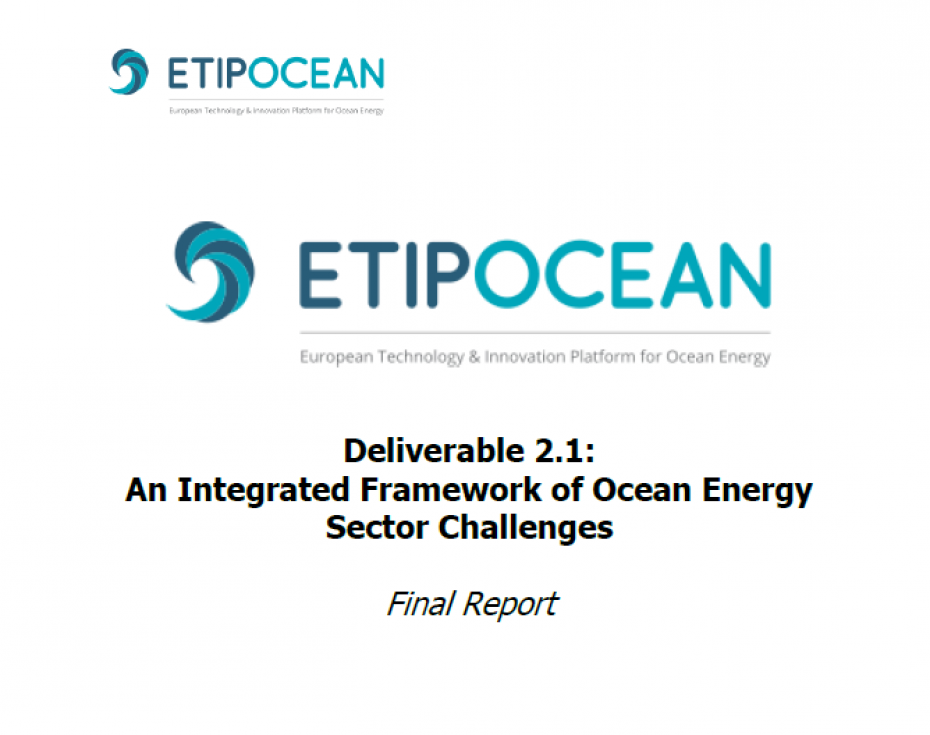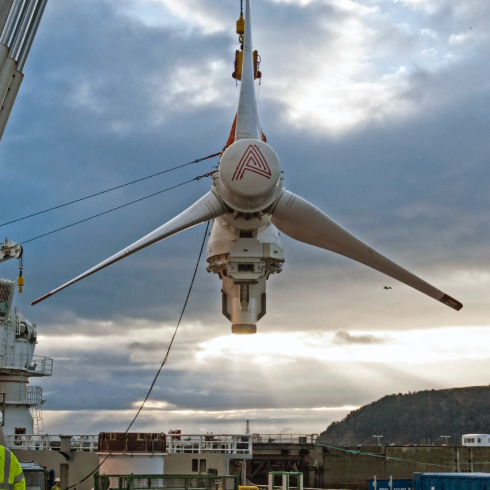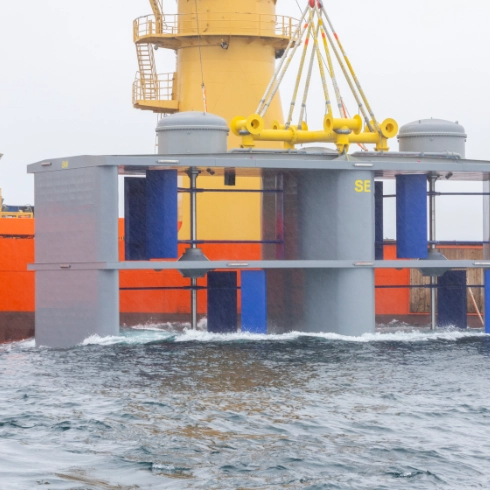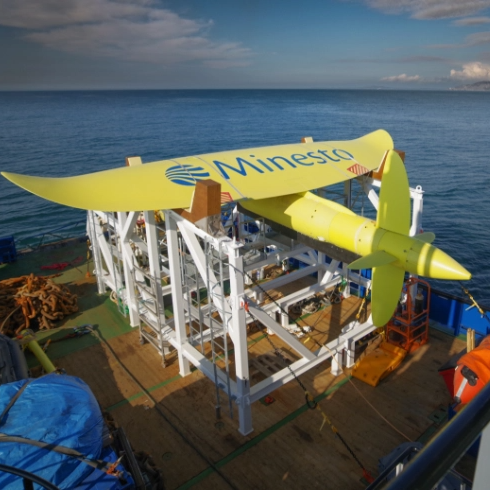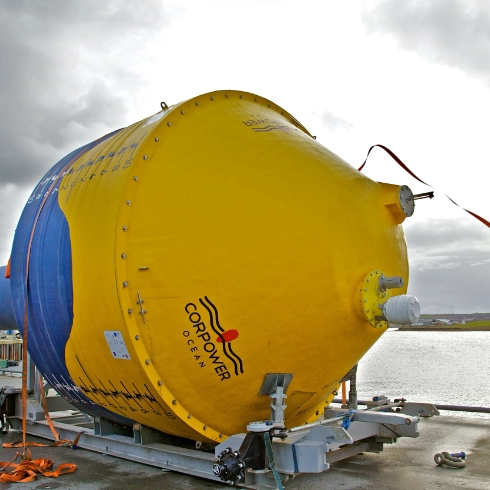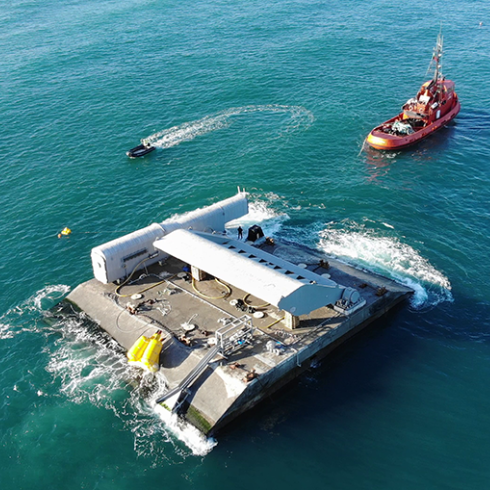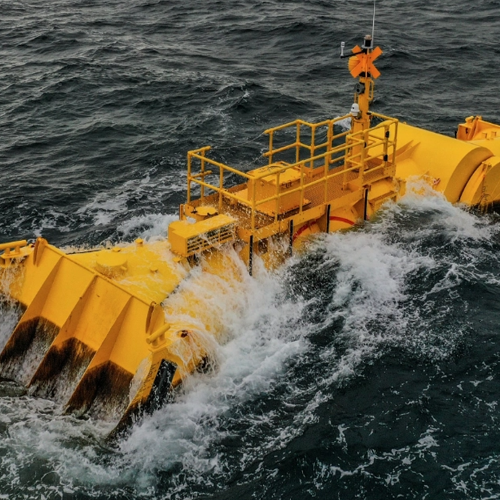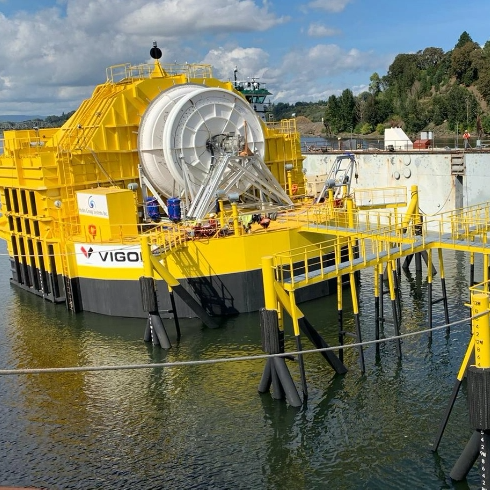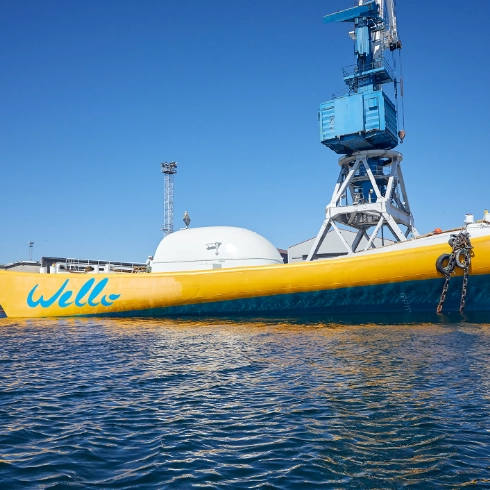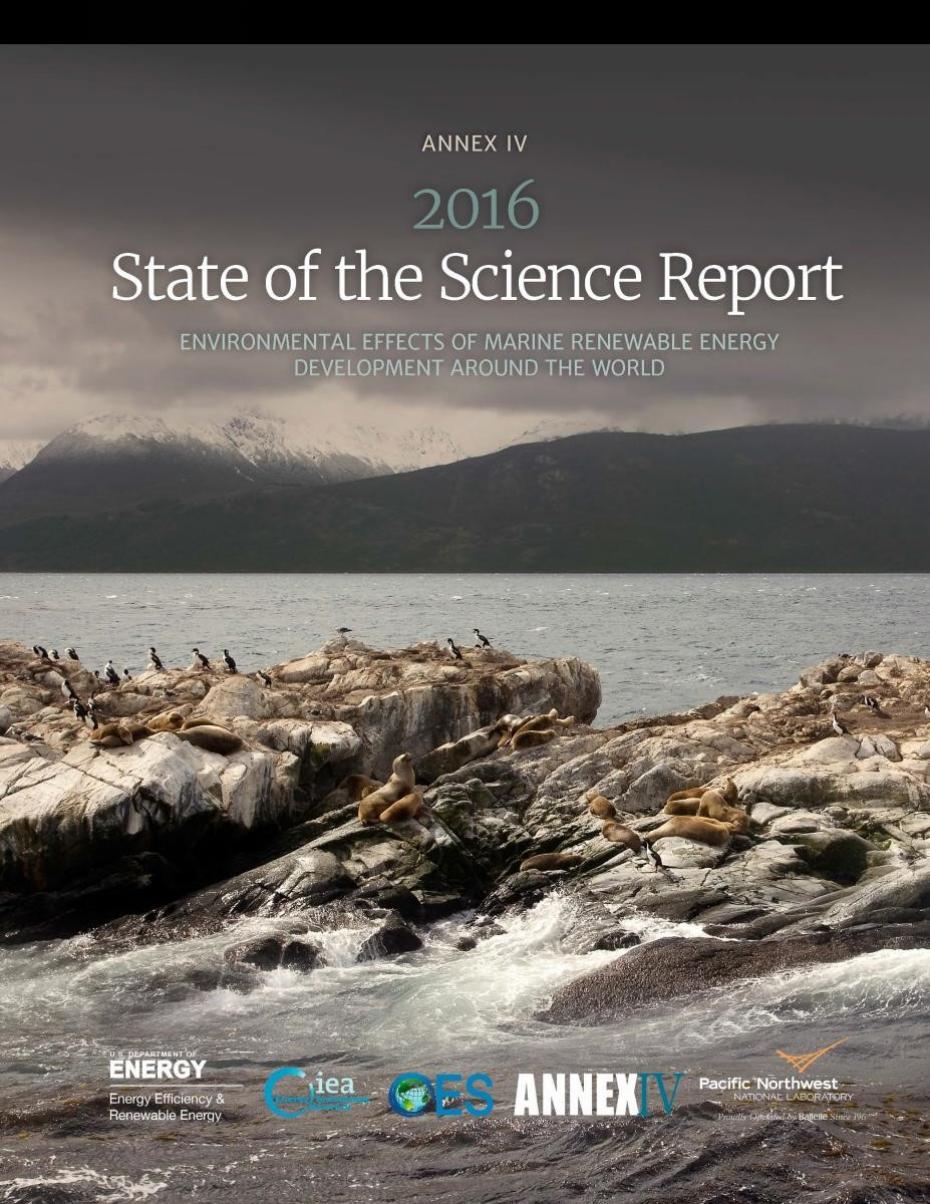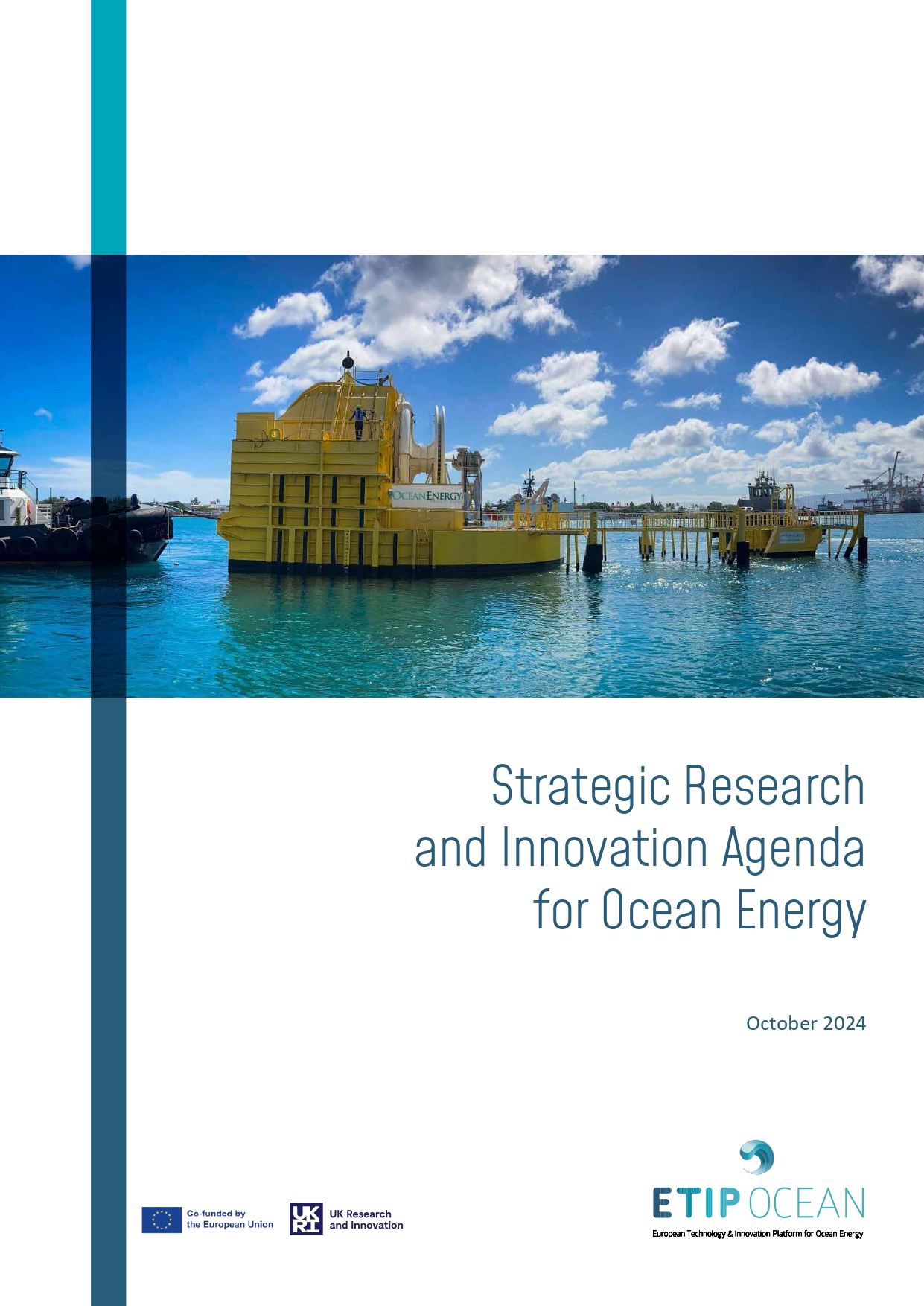
Guide on best practices for local community engagement in ocean energy
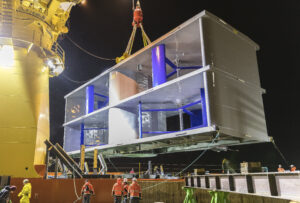
Image: HydroQuest
Inclusive, frequent and transparent local community engagement reinforces local support for ocean energy projects, according to a new ETIP Ocean guide. Ocean energy is generally very welcomed by locals as a means to create local jobs and fight climate change. Adopting the best practices used in ocean energy projects today will help future projects build trust, pre-empt opposition and deploy in accordance with the local community.
The guide aims to help ocean energy developers design their own community engagement strategy. It lays out the best practices used in existing ocean energy projects, identified through a first ever study focusing on local community engagement in the ocean energy sector, carried out by France Énergies Marines.
The best practices advocate a thorough mapping of stakeholders and local issues. Involving scientific experts will bring in credible and factual information.
Engaging with stakeholders early and throughout the project is also key, as it creates trust and reduces information overload. Information should be shared transparently and via different media. Educating the locals on the project, technology and local benefits will improve social acceptance, says the guide.
Organising in-person meetings with the whole community and key stakeholders is another vital practice to address questions and consult the locals. To help liaise with the community, the guide proposes identifying a local mediator or creating a steering committee.
By following these practices, developers can strengthen local support, accelerate permitting and reduce project costs. Developing ocean energy in harmony with local communities will provide a faster path to industrial roll-out.
This is an extract, full report available as PDF download
Download full report
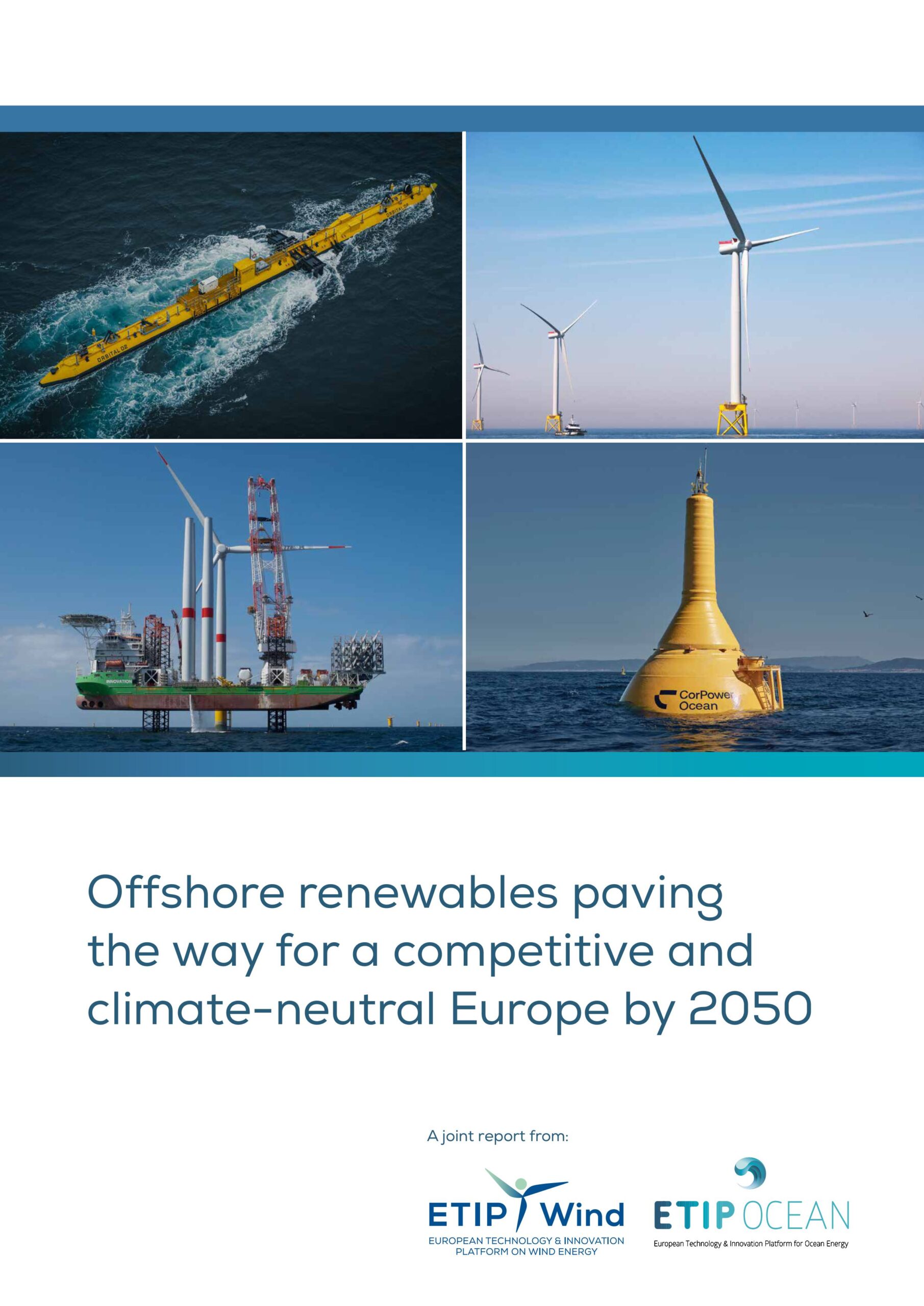
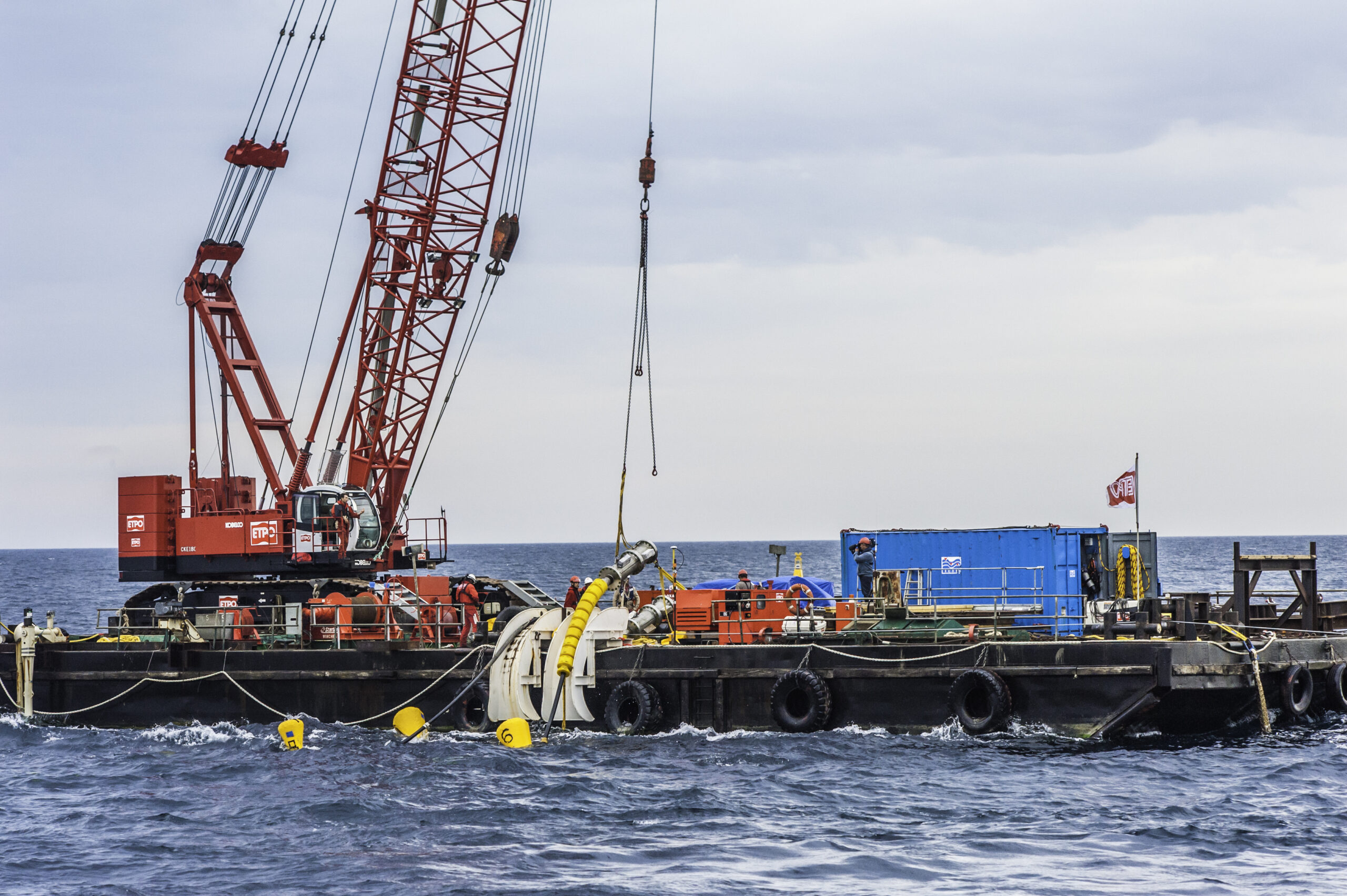
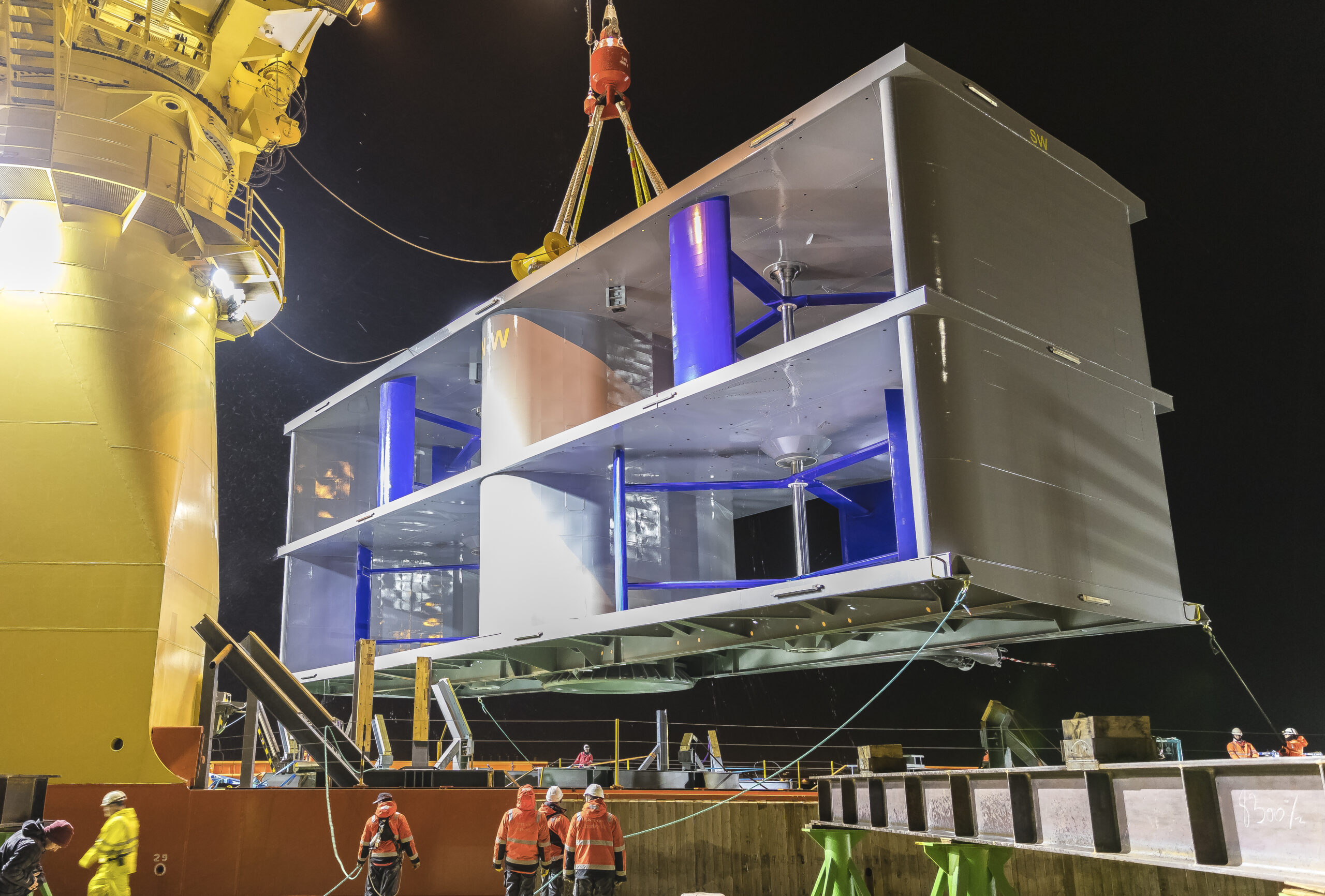
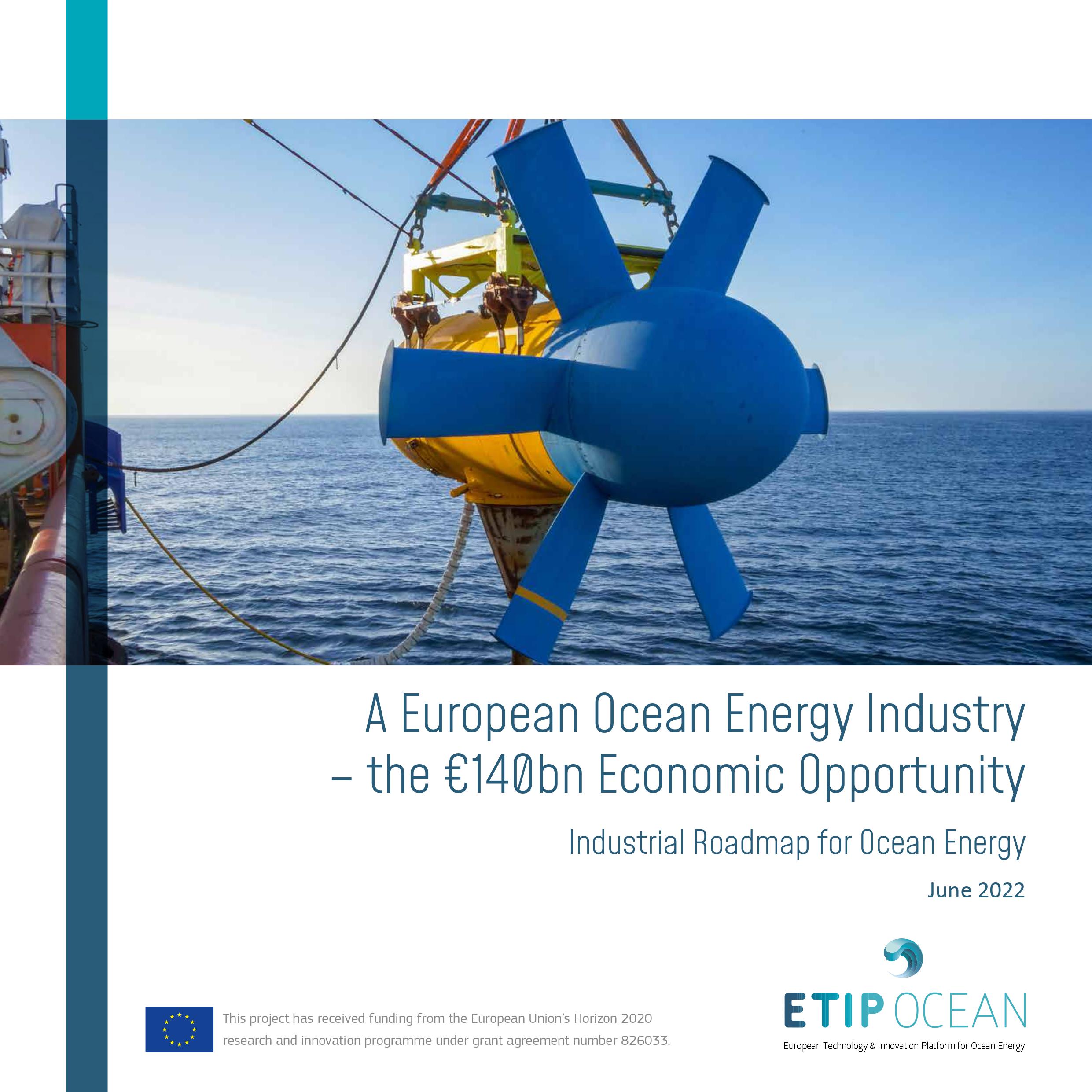
Industrial Roadmap for Ocean Energy 01 Jul 2022
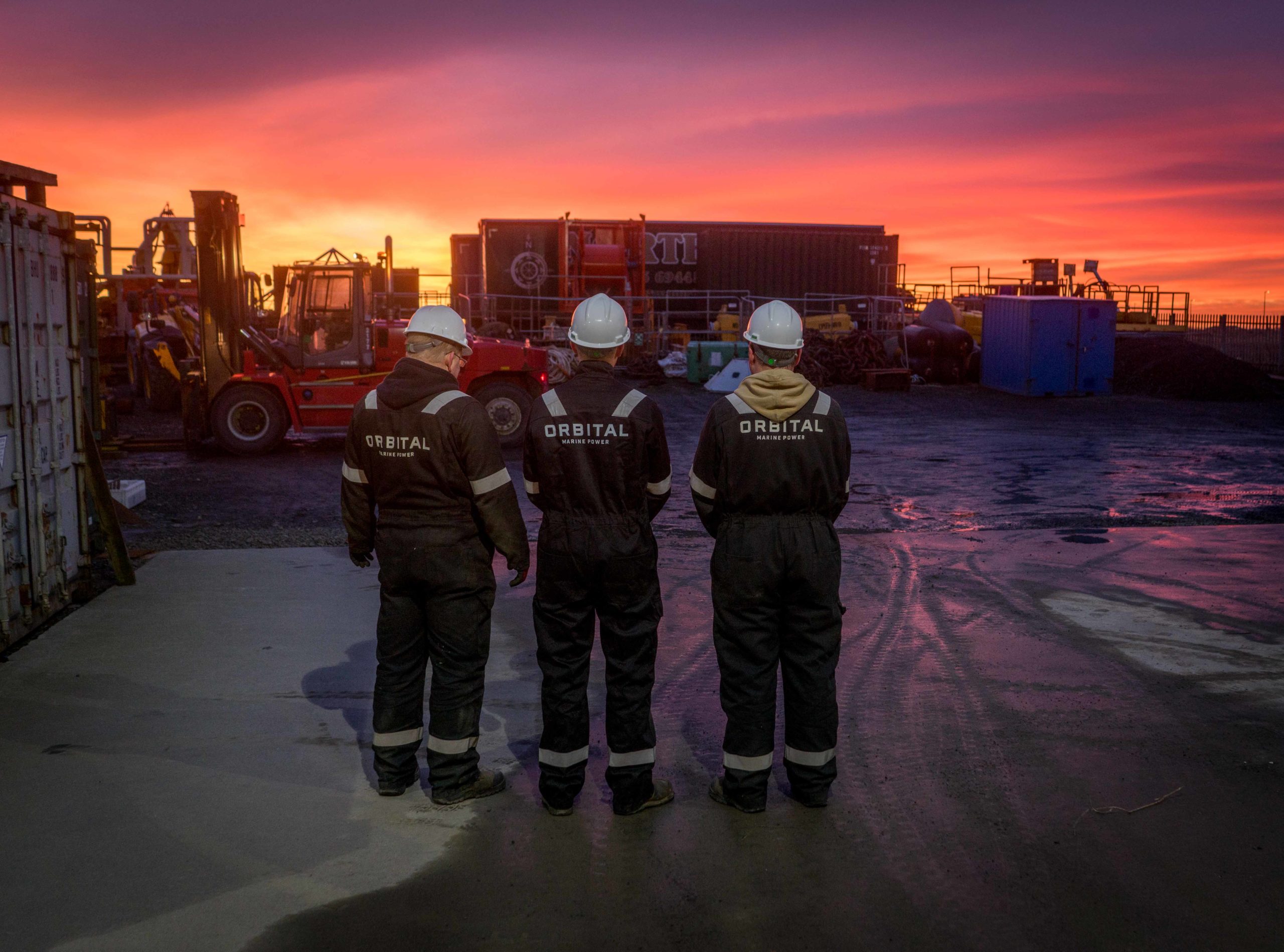
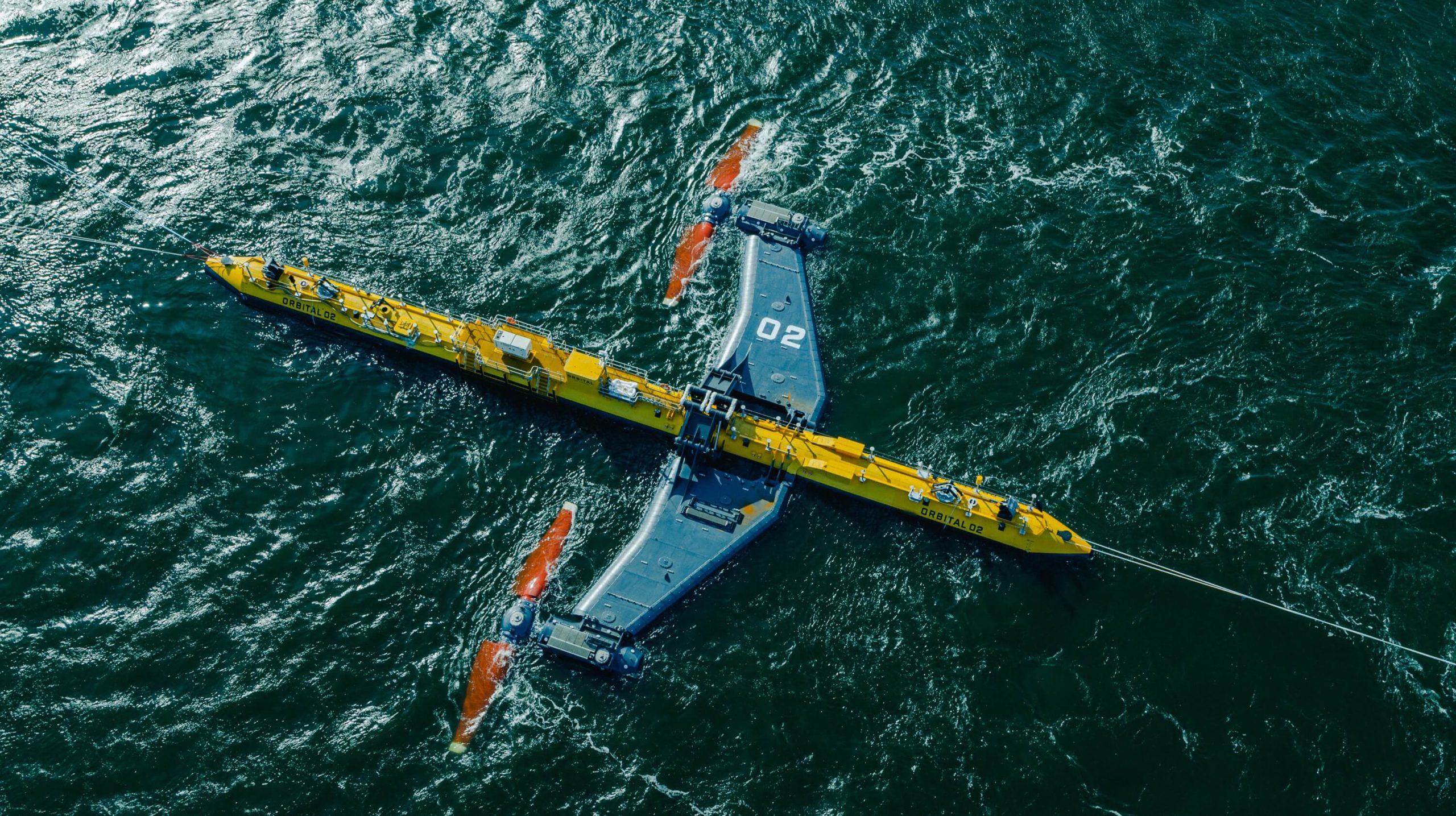
ETIP Ocean engagement with the SET Plan actions 01 Jan 2022
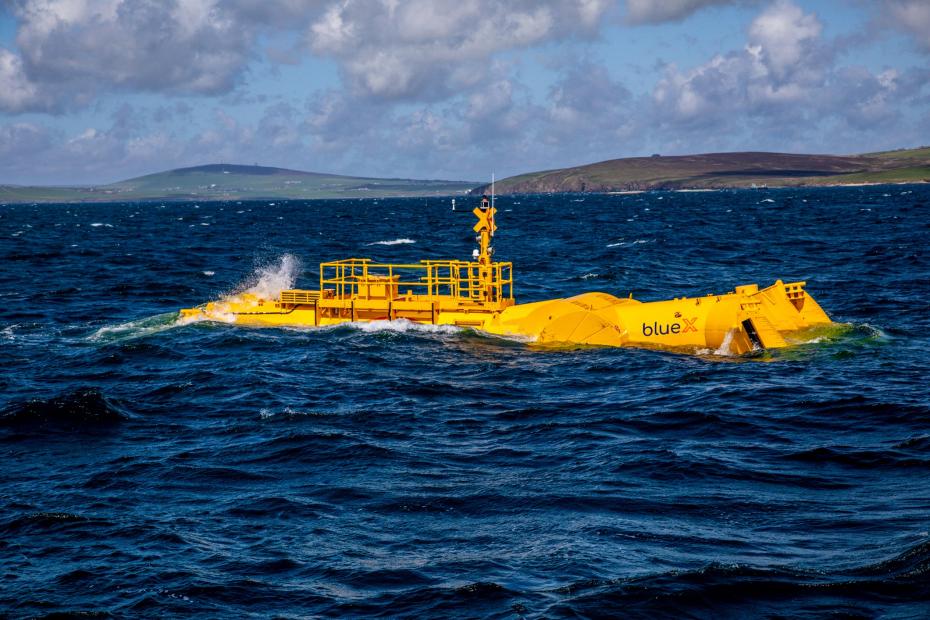
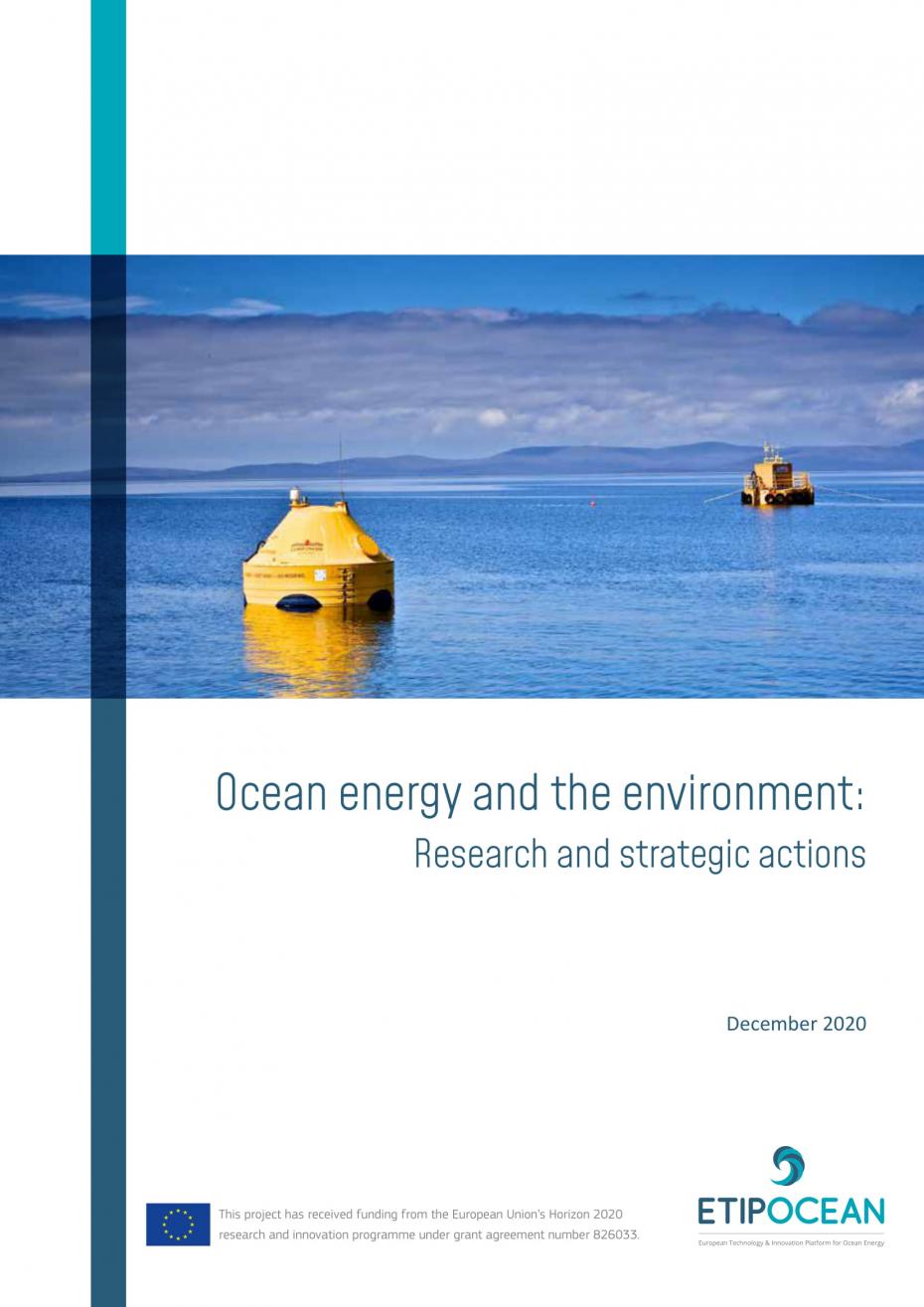
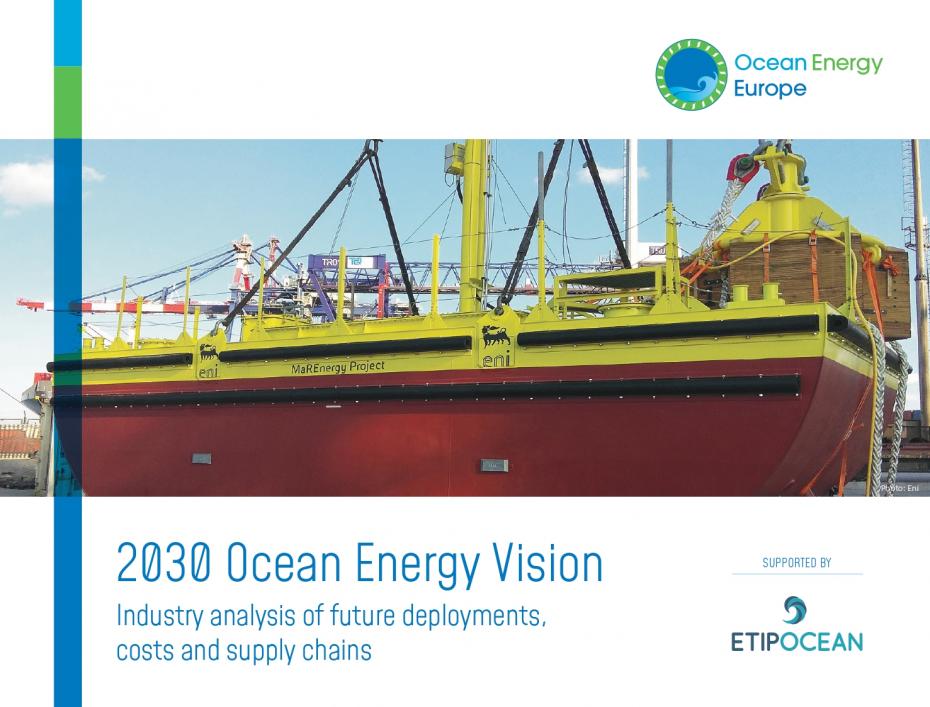
2030 Ocean Energy Vision 13 Oct 2020
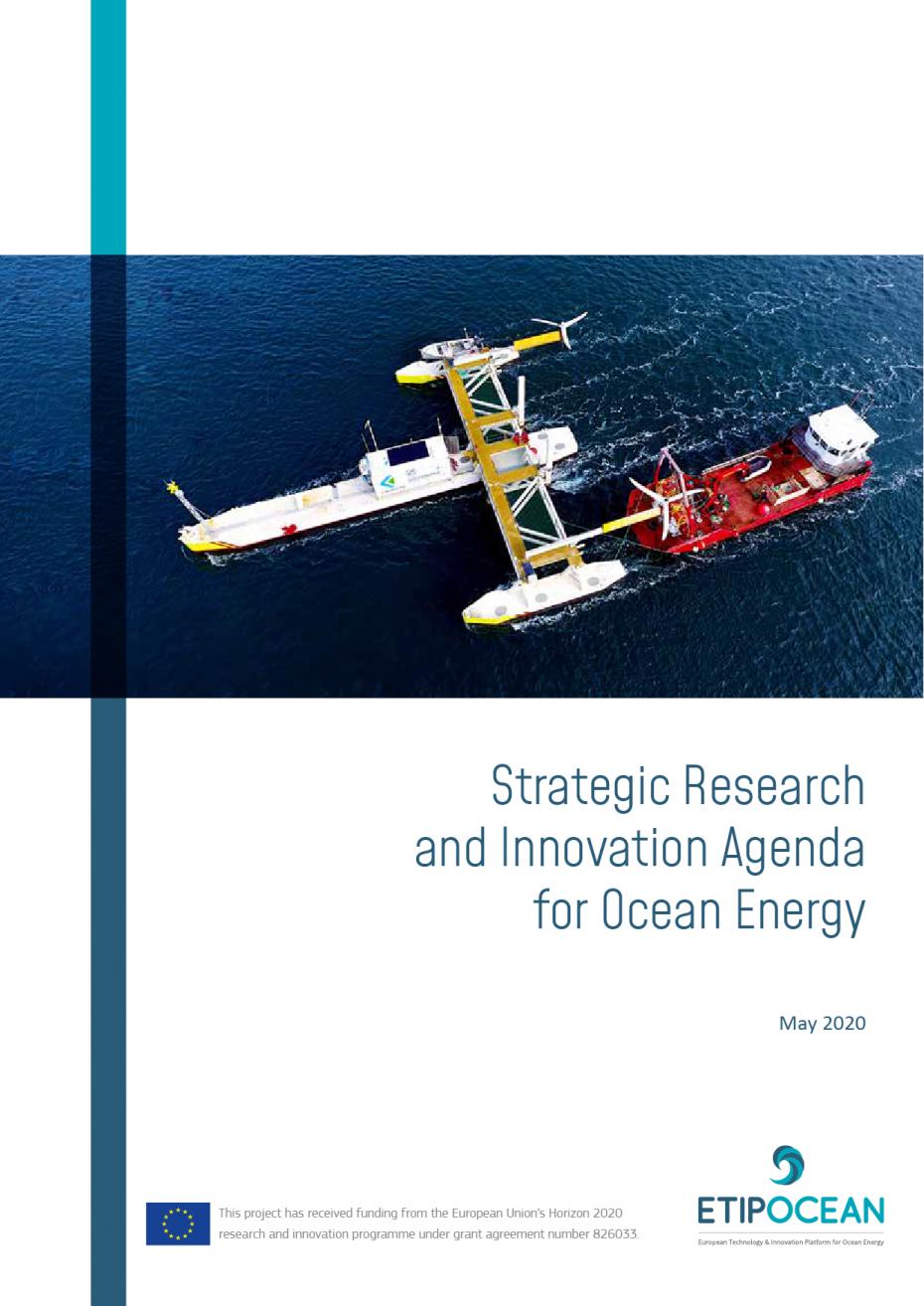
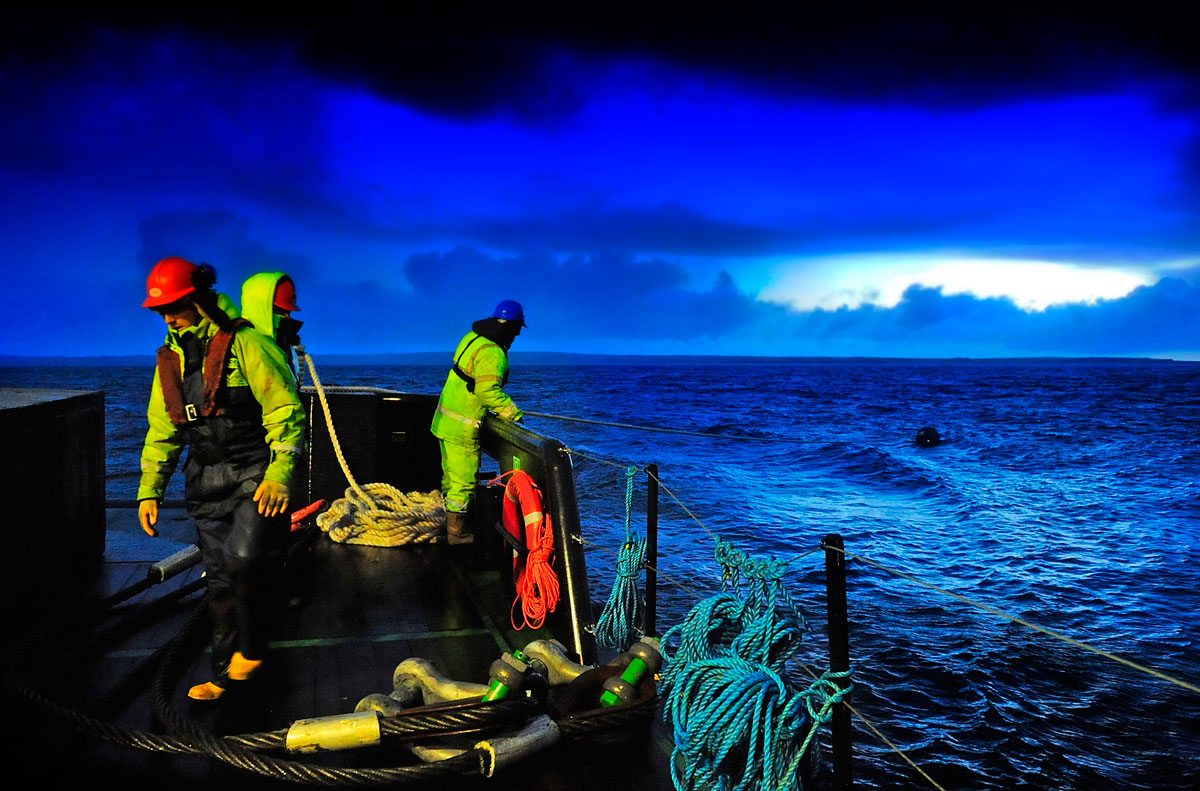

New ETIP Ocean report: EU and national policies play a key role in ocean energy development 19 Dec 2019

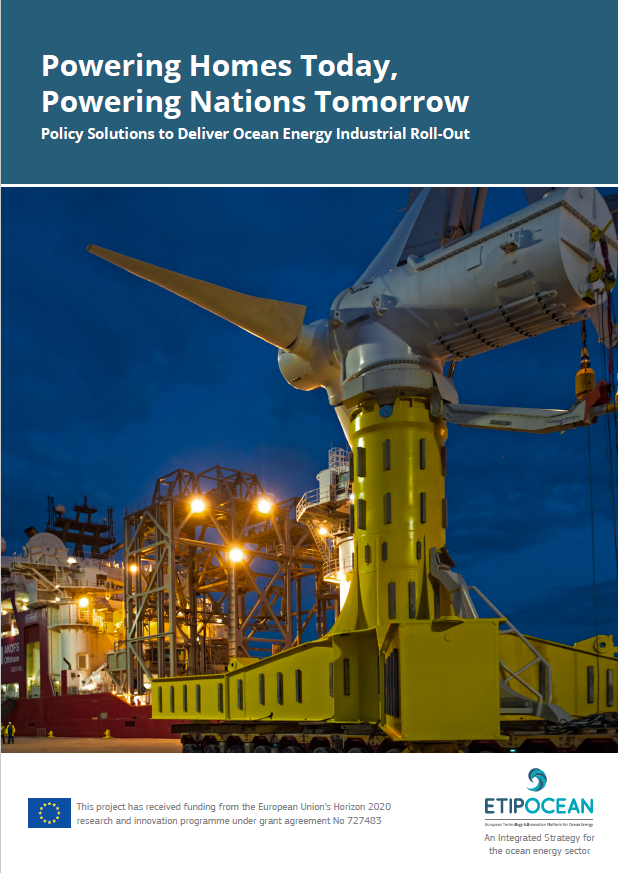
Powering Homes Today, Powering Nations Tomorrow 10 Apr 2019
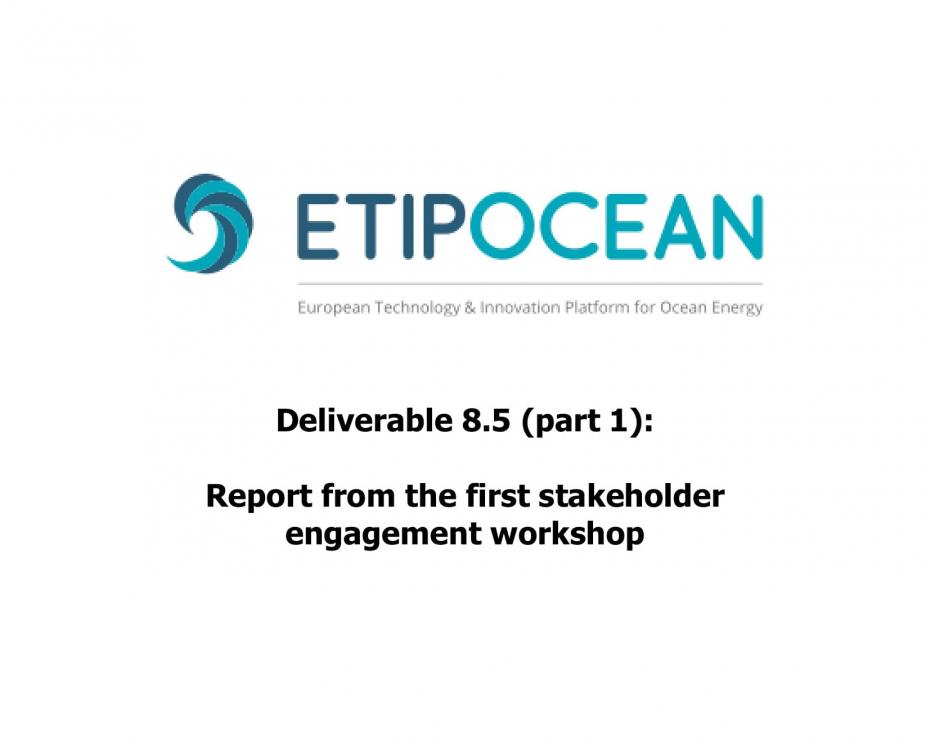
Report from the first workshop 30 Nov 2018
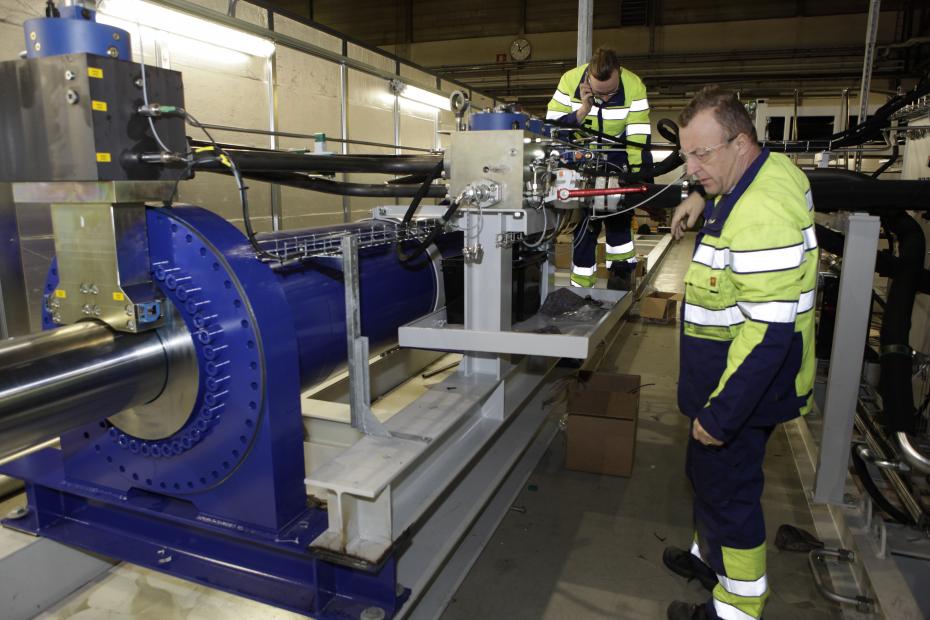
EU-funded ocean energy projects: complete description and links to H2020 and FP7 projects 28 Mar 2017
